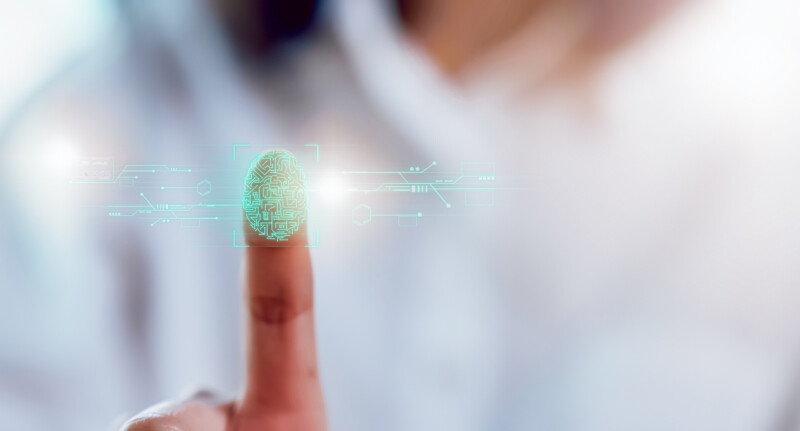Payer « avec un sourire ou d’un simple geste de la main » : telle est la promesse du géant américain Mastercard, qui vient de dévoiler son programme de paiement biométrique. Cette technologie, utilisant les empreintes digitales et la reconnaissance faciale, vise à améliorer l'expérience d'achat. Elle va être déployée dans certains commerces.
Régler ses achats avec « un simple sourire »
Mastercard lance un programme de paiement biométrique, Biometric Checkout Program, dont la phase pilote vient de démarrer au Brésil dans 5 établissements d’une chaîne de supermarchés à São Paulo, via l’application PayFace.
« Les clients de ces supermarchés pourront enregistrer leur visage et leurs informations de paiement dans l’application Payface. Après cela, un simple sourire leur permettra de régler leurs achats, sans carte ni appareil mobile », explique Mastercard dans un communiqué.
Cette technologie, qui promet selon Mastercard « une expérience de paiement rapide et sécurisée », repose sur la lecture d’empreintes digitales au moyen de capteurs, et sur la reconnaissance faciale par une caméra au moment du paiement.
D’après Mastercard, le paiement biométrique possède plusieurs avantages, à commencer par sa rapidité : « finis les déboires à la caisse, les temps d’attente interminables et la panique quand vient le moment de mettre la main sur sa carte enfouie dans ses poches ou au fond de son sac », détaille le géant américain du paiement.
Pour les commerçants, le paiement biométrique permettrait de réduire les files d’attente, de garantir plus d’hygiène en abrégeant les contacts, mais aussi de fidéliser les clients.
Ainsi, « le système de paiement peut être proposé dans le cadre de programmes de fidélité et de recommandations personnalisées, afin d’aider les consommateurs à trouver les produits qui pourraient les intéresser d’après leurs achats précédents », détaille Mastercard.
L’épineuse question de la confidentialité des données
Le paiement biométrique pose toutefois des questions de sécurité. Quelle utilisation sera faite des données personnelles ? Seront-elles suffisamment sécurisées pour échapper au piratage ?
En août 2019, les données de 90 000 clients allemands de Mastercard avaient été piratées et publiées sur le web. Les abonnés du programme de fidélité « Priceless Specials » avaient ainsi vu leur adresse mail, leur numéro de carte de crédit, leur nom, leur numéro de téléphone et leur adresse rendus publics sur un forum.
Fin 2021, Facebook a renoncé à la reconnaissance faciale, proposée aux utilisateurs pour taguer leurs amis lorsqu’ils postaient une photo ou une vidéo, afin de mettre un terme à la controverse et aux inquiétudes en matière de sécurité.
Mastercard anticipe ces inquiétudes en expliquant que tous ses partenaires (parmi lesquels PayFace, Fujitsu Limited ou PopID) « doivent respecter un cadre réglementaire, des spécifications et des directives élaborés dans le but de garantir la sécurité, les niveaux de performance de la technologie, et la protection des données pour chaque paiement biométrique effectué en magasin ».
En lançant ce programme de paiement biométrique, Mastercard se place en concurrent direct d’Amazon, qui teste actuellement une technique de paiement basée sur la lecture de la paume de la main par un capteur.
Mastercard espère aussi utiliser la technologie biométrique pour proposer des achats de produits virtuels dans le métavers : cette fois, ce sont les yeux des clients qui serviraient à les identifier, au moyen d’un casque de réalité augmentée.
